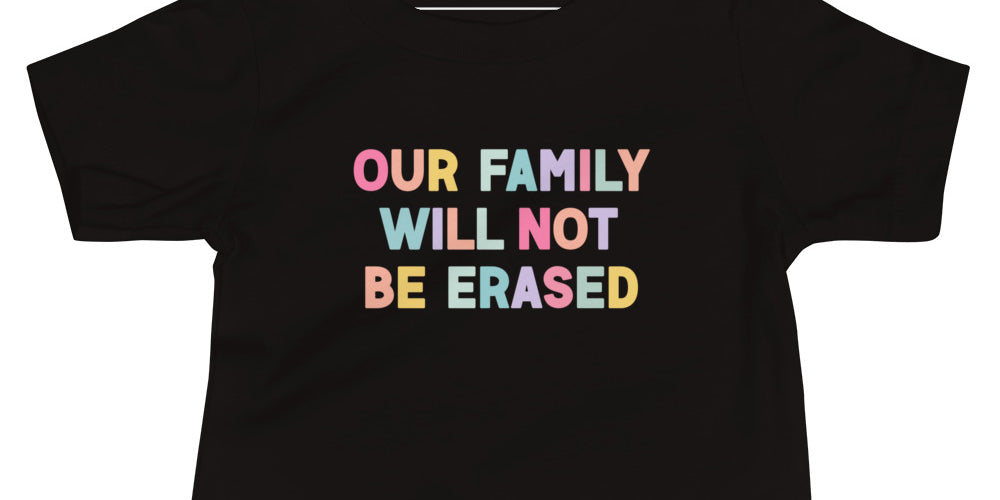Books have always been a powerful force for change. They challenge ideas, spark conversations, and help people understand perspectives different from their own. But in recent years, we’ve seen a disturbing rise in book bans across the United States, particularly targeting stories by and about LGBTQ+ individuals, people of color, and other marginalized communities.
At a time when access to information is more crucial than ever, supporting libraries, fighting censorship, and ensuring literary freedom should be a top priority. Because when books are banned, voices are silenced.
The Rise of Book Bans in the U.S.
Book banning is not a new issue, but it has reached alarming levels in recent years. In 2023 alone, over 3,300 book bans were recorded in U.S. public schools—an increase from previous years. Many of the books targeted focus on race, gender identity, LGBTQ+ experiences, and historical truths that some people find uncomfortable. Organizations like PEN America have been tracking these censorship efforts, revealing that the push to ban books is often driven by political agendas rather than genuine concerns for children’s well-being.
The American Library Association (ALA) has also reported a sharp increase in attempts to remove books from public libraries. Censorship is not just about restricting certain materials, it’s about controlling narratives and limiting knowledge. That’s why standing up for literary freedom is so important.
Why Access to Books Matters
Books do more than entertain, they educate, empower, and foster empathy. When children and young adults see themselves represented in literature, it validates their experiences and helps them navigate the world. On the flip side, when books about diverse experiences are banned, it sends a harmful message that certain stories (and people) don’t belong.
Libraries are often the only source of free books for many families, especially those in low-income communities. Restricting access to books doesn’t just limit knowledge, it widens the educational gap and deepens social inequality.
How We Can Support Libraries and Literary Freedom
Fighting against book bans requires collective action. Here are a few ways we can all support literary freedom:
- Speak Up Against Censorship – Attend school board meetings, write to local officials, and push back against attempts to remove books from libraries. Many bans happen quietly, so staying informed and vocal is crucial.
- Support Your Local Library – Donate books, attend events, and advocate for funding. Libraries rely on community support to keep their doors open.
- Buy and Share Banned Books – The best way to fight censorship is to make sure these stories are still read. Organizations like Banned Books Week highlight challenged books and encourage people to read them.
- Wear Your Resistance – If you believe in the power of books and the right to read freely, make a statement. Our Ban Assault Rifles Not Books tee is more than just apparel—it’s a call to action.
Books Are Meant to Be Read, Not Erased
History has shown us that when books are banned, it’s often because they challenge power structures. That’s why it’s so important to fight back. Whether it’s through activism, supporting libraries, or simply reading a book that’s been challenged, every action counts.
Literary freedom is about more than books, it’s about democracy, education, and ensuring that everyone has access to knowledge.


















